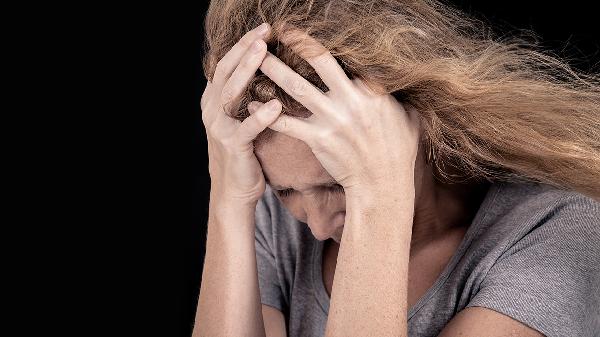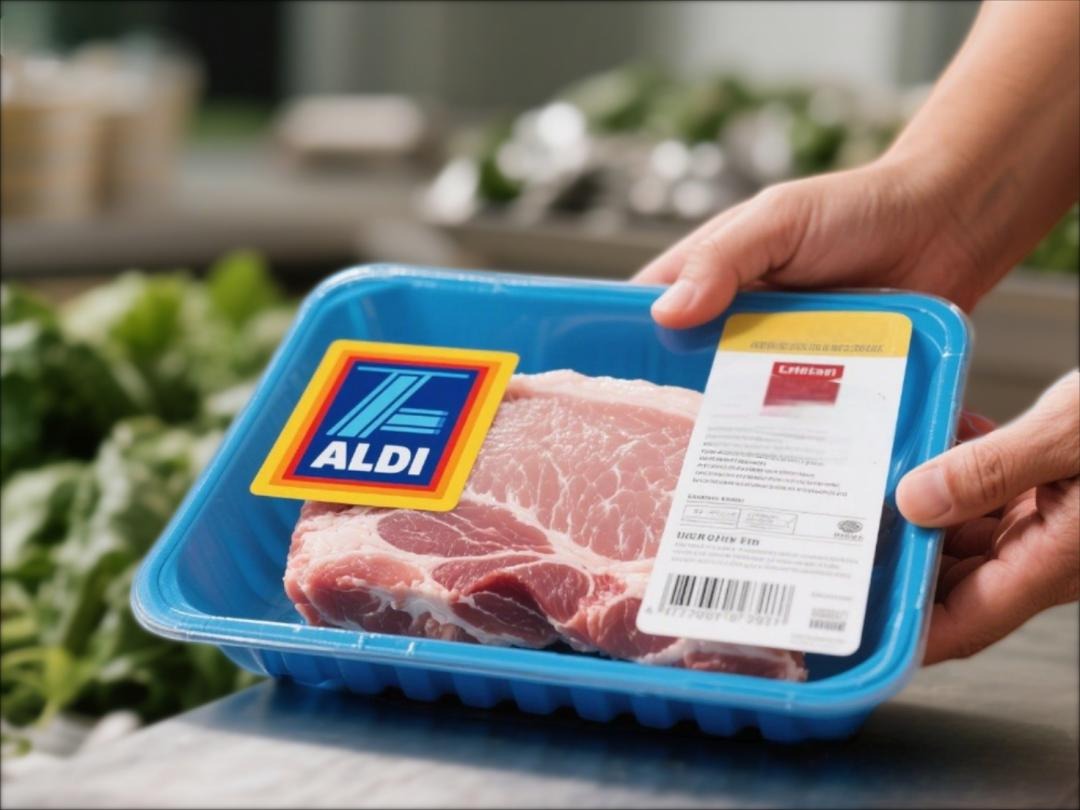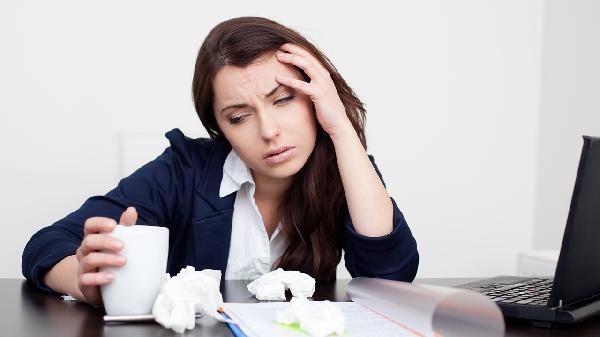If you think eating disorders are only for emo teens obsessed with TikTok trends, think again. While the media loves to stereotype them as a “girl thing,” the reality is way more nuanced—especially during life stages like pregnancy and menopause. Nope, not just a plot twist from Grey’s Anatomy. Let’s break this down with zero judgment and heaps of solidarity.

1. Eating Disorders Hit Everyone, Not Just Teen Girls
Sure, anorexia, bulimia, and binge eating disorder (BED) are often villainized in movies as a “high school drama.” But stats say otherwise:
Men account for 25% of cases (NEDA).
Older adults (50+) are 3x less likely to seek treatment.
Athletes, models, and even your average Joe/Jane can struggle due to pressure, trauma, or genetics.
So why the stigma? Society’s obsession with “perfection” sucks, but we’re here to drop the mic on that.
2. Pregnancy: When Your Body Becomes a Battlefield
Pregnancy = major life change. Weight gain, food cravings, mood swings… and suddenly, your body feels like it’s mutinying. For some, this triggers disordered eating patterns:
Why? Control. Food becomes a weapon against the “loss of control” that pregnancy feels.
Myth Buster: It’s not just vanity. It’s about fear, anxiety, or feeling trapped in a body that’s changing faster than you can process it.
Quick Tip: If you’re preggo and struggling, talk to your doc. There’s no shame in prioritizing your mental health and baby’s nutrition.
3. Menopause: The Hype Is Real (But Not What You Think)
Hot flashes, mood swings, weight creep… menopause is no joke. And for some women, it amps up disordered eating habits:
Why? The body’s metabolism slows, leading to frustration with “middle-age spread.”
Societal BS: Ads promising “age-defying” diets? Nope, they’re just fueling the fire.
Solid Advice: Focus on balance, not extremes. Celebrate strength over skinny jeans.
4. Here’s How to Spot the Signs (Even If You’re Not a Teen)
Disordered eating can look different for everyone, but red flags include:
Obsessively tracking macros or calories.
Skipping meals “to detox.”
Feeling guilty after eating “normal” food.
Withdrawal from social settings involving food.
PSA: It’s not just about weight loss—it’s about obsession, control, and emotional pain.
5. Recovery Is Possible. Period.
You’re not alone. Therapy (like CBT), support groups, and medical care can help. And hey, body diversity is beautiful—so rock that curves, mama!
























